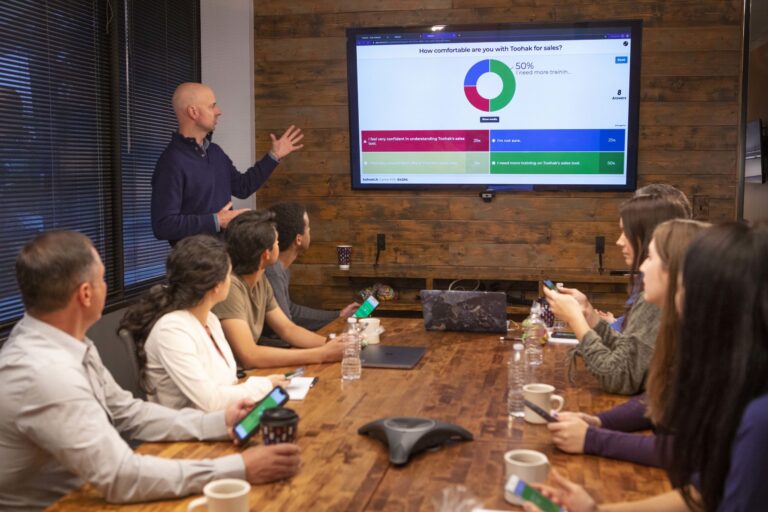Findings from the 2025 Workplace Engagement Report* reveal that managers are struggling to unlock Gen Z engagement – with more than a third saying they’ve considered quitting themselves due to disengagement at work.
Despite approximately 4.3 million Gen Z individuals (aged 16–24) being employed in the UK, making them the third-largest age demographic in the nation’s labour force, nearly two-thirds (62%) of HR managers say Gen Z employees are their toughest group to motivate – according to new data from Kahoot! 360 Workforce Engagement Platform.
The study of more than 200 HR managers reveals that while younger employees are hard to reach, their managers are also running on empty. Over half (53%) of managers say they feel burned out from juggling too many priorities, and more than one in three (35%) have considered quitting in the past year due to their own disengagement.
The results echo wider global trends. Studies such as Gallup’s 2025 State of the Global Workplace have already warned that manager engagement has dropped to historic lows. The data reveals that the engagement crisis is no longer an abstract HR problem but a systemic business challenge. Burnout at the top and disconnection at the bottom are creating a perfect storm.
Strained by generational divides and a lack of clear solutions, companies are facing a troubling paradox where the managers responsible for engaging and training employees are themselves disengaged.
Eilert Hanoa, CEO of Kahoot! comments: “Engagement is an issue on all fronts, not just one faced by employees in more junior roles. The data is clear, leaders are burning out and becoming unable to motivate their younger colleagues (especially those in the Gen Z demographic), who in turn are switching off. If companies don’t begin to tackle disengagement, they risk losing both their leaders and their future workforce. Recognition, communication and training are the missing links that will decide who wins the engagement race.”
A Workforce of Disengaged Leaders
HR managers are stretched thin, with 38% feeling burned out on a monthly basis:
- 53% report feeling burned out from juggling engagement with other priorities
- 50% state that employee apathy burns them out the most
- 41% blame meetings and events falling flat
- More than a third (35%) cite constant efforts to engage Gen Z
Lack of Training and Tools
The engagement challenge is worsened by gaps in training and resources:
- 34% said they had not received enough training on how to re-engage teams
- 14% had no training at all
- Only 14% say their organisations always provide effective engagement tools
Struggling to Prove ROI
Despite heavy investment in engagement programmes, most companies cannot measure their impact:
- Nearly a quarter of managers report that they are struggling to measure engagement or prove ROI (23%)
- A further 24% report that they do not track metrics or ROI consistently
- 31% of managers also revealed that they wished they could measure productivity more accurately, as opposed to analysing hours worked
How Can Companies Address Engagement?
When asked what would most boost engagement tomorrow, HR managers pointed to:
- Recognition and incentives (85%)
- More social/team connection (70%)
- Better communication from leadership (60%)
Recognition was also the highest ranked missing resource in their “engagement toolkit”. Managers said they would feel more engaged with open feedback from senior leaders (67%), more opportunities to grow skills (56%), and better tools for connecting with their teams (44%).
*Survey was conducted online by Researchscape on behalf of Kahoot!






